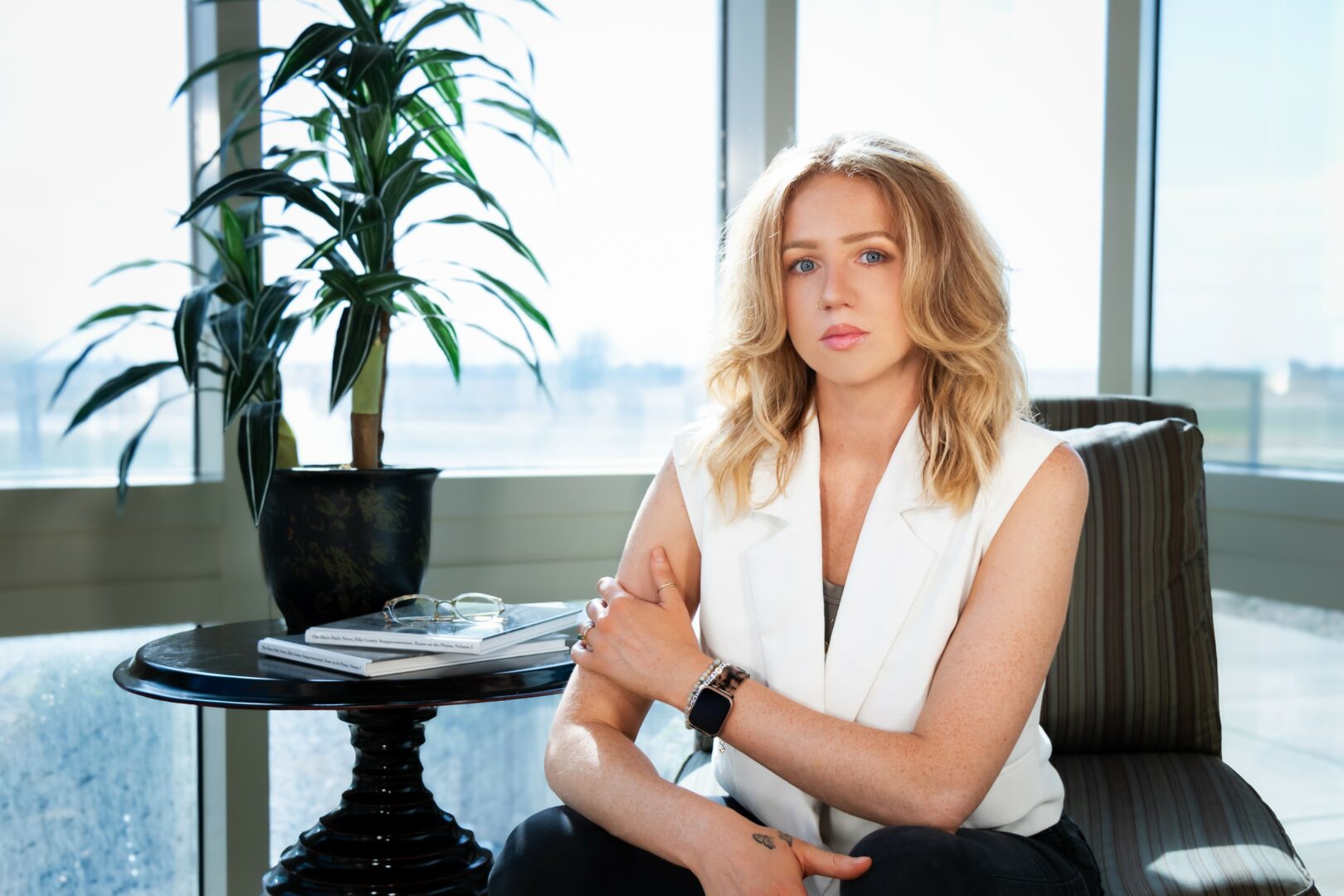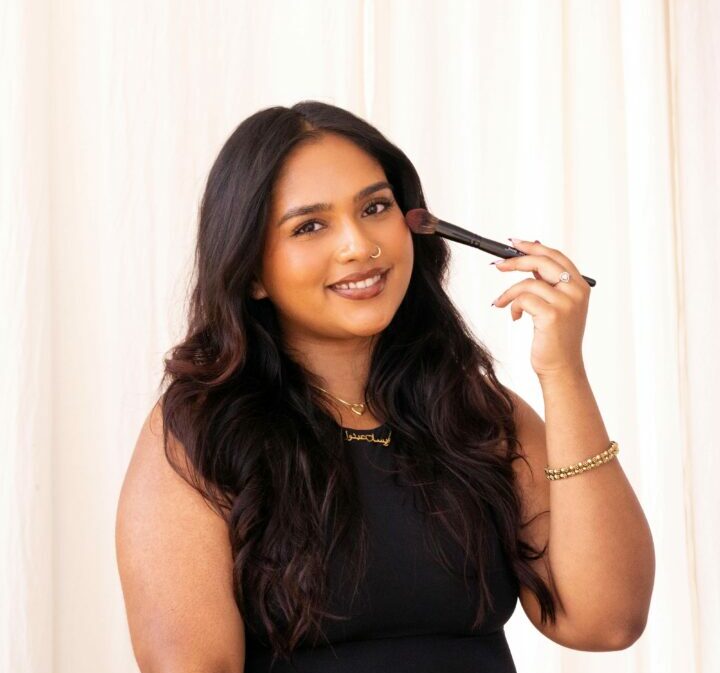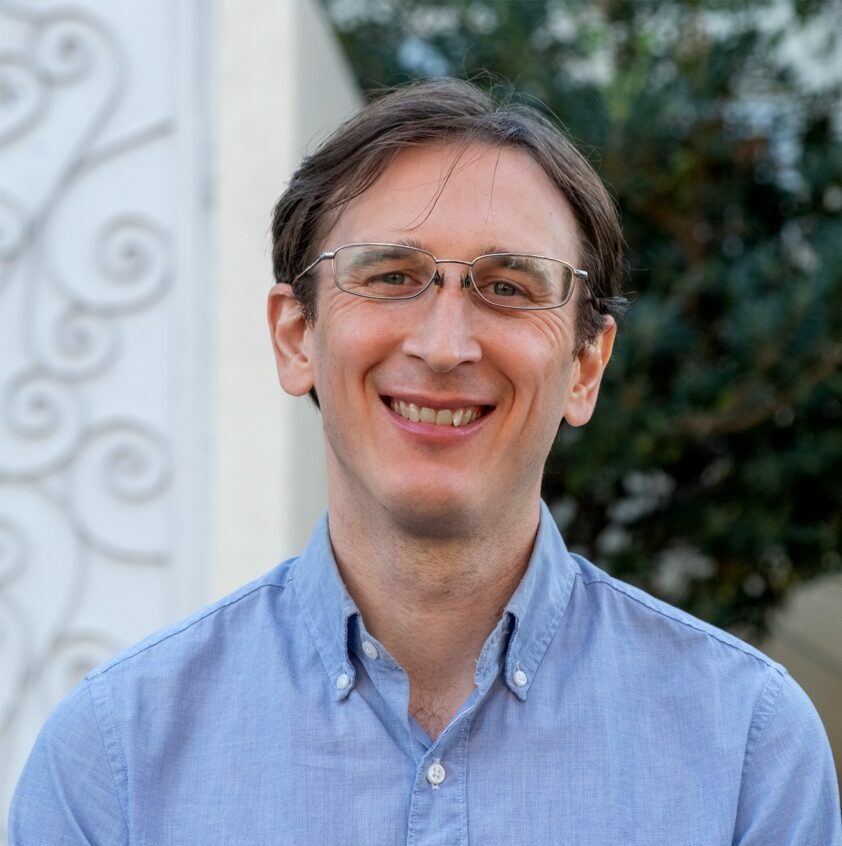We recently connected with Alia Elasmar and have shared our conversation below.
Alia , thank you so much for joining us today. Let’s jump right into something we’re really interested in hearing about from you – being the only one in the room. So many of us find ourselves as the only woman in the room, the only immigrant or the only artist in the room, etc. Can you talk to us about how you have learned to be effective and successful in situations where you are the only one in the room like you?
Being the only one in the room has taught me to transform isolation into an opportunity for impact. I’ve learned to own my expertise in mental health, systems approaches, and Diversity, Equity, Inclusion, and Belonging (DEIB) work, to use my voice to validate marginalized experiences. When I’m the only one who looks like me, it’s crucial to recognize the power of sharing my perspective. I know it can bridge gaps and reveal blind spots that others might overlook. As a crisis counselor, I’ve honed the ability to read the room and center myself, leading the team through difficult moments with clarity and care. I call it being the ‘eye of the storm.’ It’s a unique skill that helps me remain committed to driving deeper transformation even when facing resistance. Resilience and community are the foundation of my work, so staying grounded in my purpose allows me to foster healing and focus on long-term change. I would not have learned that if I wasn’t given the unique gift of being the only one of “me” in the room.

Thanks for sharing that. So, before we get any further into our conversation, can you tell our readers a bit about yourself and what you’re working on?
I’m a Licensed Marriage and Family Therapist, and my work is deeply influenced by my Palestinian heritage. I named my practice Olea Counseling and Consulting after olive trees, a symbol of resilience in my culture. For me, olive trees represent strength, endurance, and the ability to thrive in challenging environments—qualities I see in both my clients and the systems we navigate.
In my practice, I focus on trauma, relationships, and organizational change, blending clinical mental health with systemic change. What intrigues me most is how personal healing intersects with systemic transformation. Whether I’m helping clients heal from relational trauma or guiding organizations to move beyond performative DEIB work or standard of care, I’m driven by the potential for deep, lasting change.
I also lead panels and workshops on mental health and community impact, exploring how we can address trauma on both personal and collective levels. Moving forward, I’m expanding my practice to work with more organizations, helping them foster inclusive environments and improve workplace wellness. I’m also planning to bring together mental health and DEIB professionals to develop actionable strategies for change, with the goal of creating spaces where everyone is valued and heard.The olive tree’s symbolism is at the heart of this work—reminding us that resilience is not just about survival but about growing and thriving despite adversity.
If you had to pick three qualities that are most important to develop, which three would you say matter most?
Three critical skills that have shaped my journey are critical thinking, communication skills, and the willingness to fail. Each of these has played a pivotal role in my personal and professional growth.
Critical thinking allows me to analyze situations deeply, identify underlying problems, and create meaningful solutions. I recommend getting comfortable in the “gray areas” of considering multiple viewpoints. You can hone this skill by asking questions, seeking evidence, and considering all viewpoints before making decisions.
Communication skills are just as important because you need the ability to articulate ideas clearly, whether in one-on-one conversations or larger settings. This skill is essential for the advocacy component of my work. I developed this skill by learning about active listening, refining how I expressed my thoughts, and continuously seeking feedback to become more impactful in delivering my message.
Lastly, the willingness to fail has been a game-changer. I want to be clear that this is different from “willing to learn” because as I’ve learned in owning a business and becoming a doctoral student, failing is an impactful way of learning but only if you allow yourself to be that vulnerable. Embracing failure as a learning experience has allowed me to take risks, innovate, and push through challenges. As I continue developing this skill, I now firmly believe that you cannot reach your fullest potential if you get stuck in perfectionism, not allow yourself to make mistakes and move past them with insight. My advice is to take courageous steps and view setbacks as opportunities for growth, not as indicators of defeat. The willingness to fail opens up space for creativity and inovation. So far in my journey the risk has always been worth the reward.

Do you think it’s better to go all in on our strengths or to try to be more well-rounded by investing effort on improving areas you aren’t as strong in?
I believe it’s important to leverage your strengths while also being aware of and improving on areas that might need growth. The balance between going all in on your strengths and being well-rounded can impact how you show up, both personally and professionally.
Focusing on your strengths allows you to tap into what comes naturally to you which creates a deeper sense of confidence and expertise. When you’re aligned with your strengths, you’re more energized, motivated, and often able to make a greater impact, that’s when you then discover how your strengths branch out to other interests/ skill sets etc. When I was learning counseling skills in grad school I made sure I practiced them to the best of my ability, as I started in the field I realized there are other ways I can use my skills, and they were ways/ strengths I wouldn’t have even thought of when I first started. I established a strong foundation then built from there- and still building.
Contact Info:
- Website: https://oleacc.com
- Instagram: @oleacounseling
- Linkedin: https://www.linkedin.com/in/alia-elasmar-m-s-lmft-pps-cwa-21775a171
- Other: https://www.psychologytoday.com/us/therapists/alia-elasmar-hermosa-beach-ca/706823

Image Credits
Samira Elasmar
so if you or someone you know deserves recognition please let us know here.




